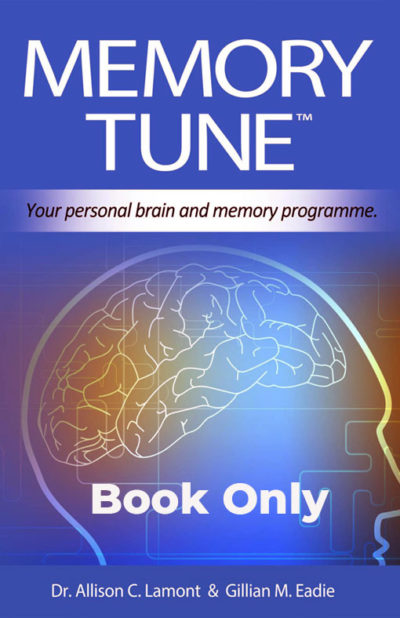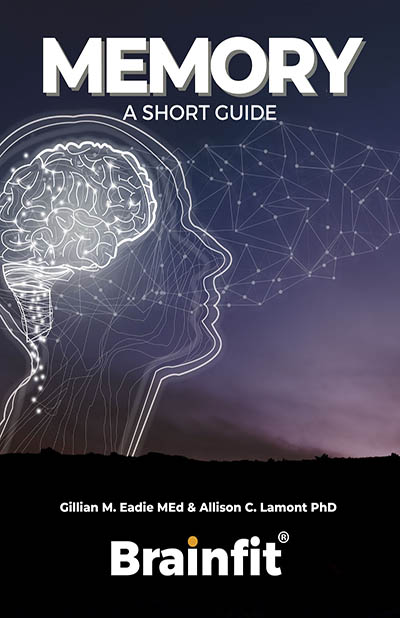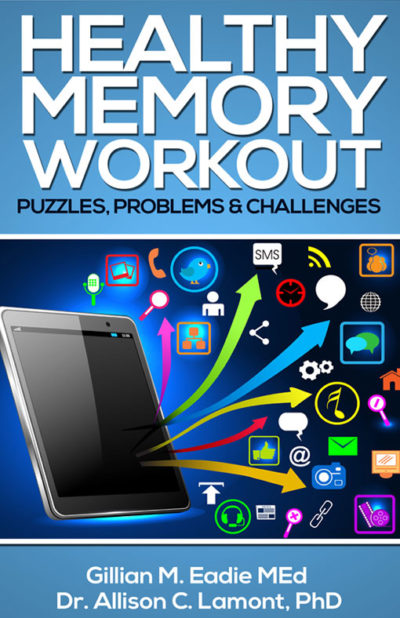What do nuns have to do with brain science?
A lot, actually!
A study of 678 Catholic sisters aged 75 to 107-years old, of the convent of the School Sisters of Notre Dame on Good Counsel Hill in Mankato, Minnesota reveals the secrets of keeping the brain alive and healthy than perhaps any other study to date.
It’s called The “Nun study”.
The sisters’ miraculous longevity – seven centenarians and many others nearly there – was studied by Alzheimer’s expert David Snowdon of the Sanders-Brown Center on Aging and the University of Kentucky in Lexington. Annually, the nuns were given mental agility tests and detailed medical examinations.
What did he find?
Their lifestyle made all the difference!
- they do not drink or smoke
- they live quietly and communally
- they are spiritual and calm
- they eat healthily and in moderation
There were small differences, though:
Some of the nuns developed Alzheimer’s disease.
Astonishingly, though, Snowdon has found sisters who showed no outwards signs of memory loss in life, yet had brains that looked as if they were ravaged by dementia
Many avoided any kind of dementia.
Sister Matthia, who was mentally fit and active from her birth in 1894 to the day she died peacefully in her sleep, aged 104. She was happy and productive, knitting mittens for the poor every day until the end of her life. A post-mortem of Sister Matthia’s brain revealed no signs of excessive ageing.
What were the secrets of longevity?
Snowden found several common denominators among the sisters:
- The right amount of vitamin folate
- Verbal ability early in life
- Positive emotions early in life (revealed by Snowdon’s analysis of the personal autobiographical essays each woman wrote in her 20s as she took her vows)
- Activities, crosswords, knitting and exercising also helped to prevent brain and memory decline
- Spirituality, or the positive attitude that comes from it
- Individual differences also matter
- To avoid dementia, your general health may be vital: metabolic problems, small strokes and head injuries seem to be common triggers of Alzheimer’s dementia.
How many of these can YOU bring into your everyday life?




